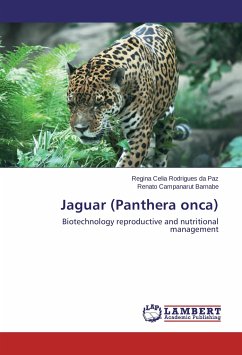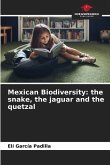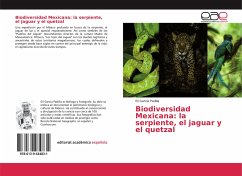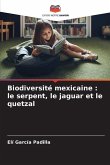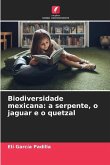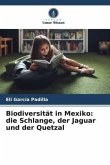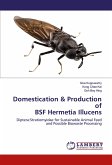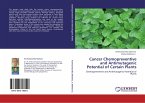The jaguar's population has declined rapidly due to deforestation and depletion of prey resulting from human development. Taking into consideration the importance of the propagation in captivity, for the preservation of endangered species, the jaguar's reproduction in captivity must become an integral component in the conservation of this species. Captive populations of nondomestic felids are valuable educational, scientific, and genetic resources that can be used to support the conservation of wild cats. Assisted reproduction is becoming an increasingly important tool in the conservation and genetic management. The goals of this study were to determine the influence of vitamins and minerals supplementation on the quality of jaguar semen; to evaluate the fertility of frozen jaguar sperm and its capacitation in Tyrod's Talp PVA medium after semen cryopreservation using the hamster zona-free oocyte penetration assay; to evaluate the percentage and morphology of spermatogenic cells;to evaluate the efficiency of testicular ultrasonography in the selection of males for assisted reproductive management plans to support the conservation of jaguars in captivity.
Bitte wählen Sie Ihr Anliegen aus.
Rechnungen
Retourenschein anfordern
Bestellstatus
Storno

